Home>Construction & Tools>Electrical and Plumbing Systems>How Fast Is A 50kW EV Charger
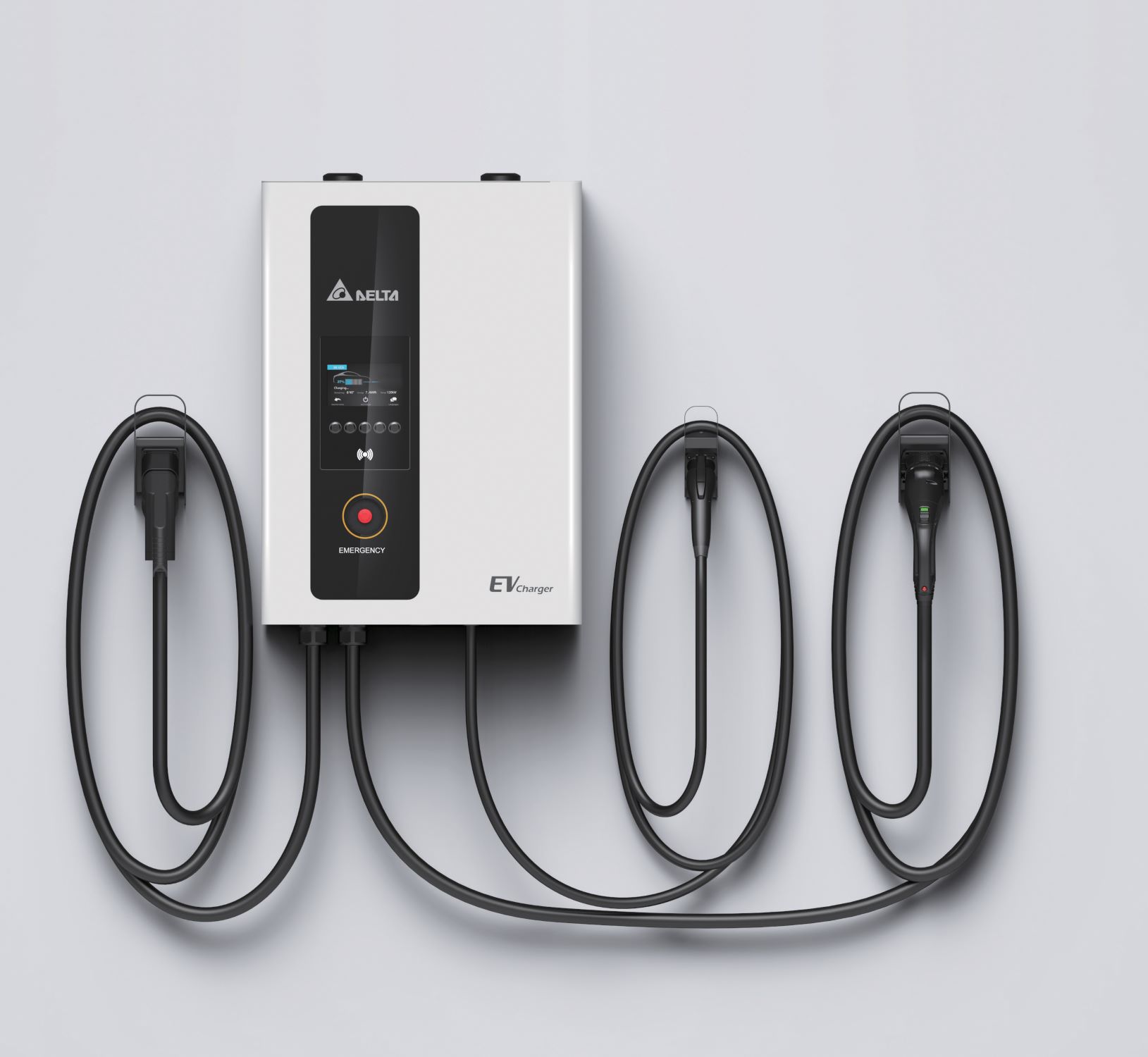

Electrical and Plumbing Systems
How Fast Is A 50kW EV Charger
Modified: February 26, 2024
Discover how fast a 50kW EV charger can charge your electric vehicle. Learn about the electrical and plumbing systems required for installation. Get all the details you need!
(Many of the links in this article redirect to a specific reviewed product. Your purchase of these products through affiliate links helps to generate commission for Storables.com, at no extra cost. Learn more)
Introduction
In the ever-evolving landscape of transportation, electric vehicles (EVs) have emerged as a promising and sustainable alternative to traditional gasoline-powered cars. As the adoption of electric vehicles continues to gain momentum, the infrastructure supporting them is also rapidly advancing. Central to this infrastructure is the electric vehicle charging network, which plays a pivotal role in facilitating the widespread use of EVs.
Understanding the nuances of electric vehicle charging is crucial for both current and prospective EV owners. The charging process is multifaceted, influenced by various factors that collectively determine the speed and efficiency of recharging an electric vehicle. Among the numerous charging options available, the 50kW EV charger stands out as a popular and widely deployed solution, offering a balance between charging speed and practicality.
In this comprehensive guide, we will delve into the intricacies of electric vehicle charging, providing a detailed exploration of the 50kW EV charger. By examining the factors that influence charging speed and assessing real-world charging times, we aim to offer valuable insights to both seasoned EV enthusiasts and those embarking on their electric vehicle journey. So, fasten your seatbelts as we embark on an electrifying journey through the realm of electric vehicle charging.
Key Takeaways:
- The 50kW EV charger offers rapid recharging, adding approximately 150 miles of range in just 30 minutes, making it ideal for urban and long-distance travel, enhancing the accessibility and viability of electric vehicle ownership.
- Factors such as battery capacity, charging station power output, and vehicle compatibility influence charging speed, impacting the efficiency and practicality of electric vehicle charging, empowering individuals to make informed decisions and optimize their driving experiences.
Read also: 15 Amazing 14-50 EV Charger For 2024
Understanding Electric Vehicle Charging
Electric vehicle charging is a fundamental aspect of the EV ownership experience, dictating the convenience and practicality of using an electric vehicle on a daily basis. At its core, the charging process involves replenishing the energy stored in the vehicle’s battery, enabling extended travel without emissions. Understanding the intricacies of electric vehicle charging entails familiarity with the various charging levels, connector types, and charging infrastructure.
Charging levels categorize the charging speed and power output, encompassing Level 1, Level 2, and Level 3 (DC fast charging). Level 1 charging typically utilizes a standard 120-volt household outlet, providing a charging rate of around 2 to 5 miles of range per hour, making it suitable for overnight charging. Level 2 charging, on the other hand, employs a 240-volt outlet and delivers a faster charging rate, typically adding 10 to 60 miles of range per hour, making it ideal for home charging and public charging stations. Level 3, also known as DC fast charging, offers the swiftest charging speeds, capable of providing 60 to 80 miles of range in just 20 minutes, making it the preferred choice for long-distance travel and expedited recharging.
Connector types play a pivotal role in facilitating seamless compatibility between electric vehicles and charging stations. Common connector types include the SAE J1772 connector for Level 1 and Level 2 charging, the CHAdeMO connector for certain DC fast charging stations, and the Combined Charging System (CCS) connector, which integrates AC and DC charging into a single port, accommodating various charging levels and facilitating widespread adoption.
The charging infrastructure encompasses a diverse array of charging stations, ranging from residential chargers and workplace charging units to public charging networks deployed at shopping centers, restaurants, and other high-traffic locations. The proliferation of public charging stations contributes to the accessibility and convenience of electric vehicle ownership, alleviating range anxiety and supporting the seamless integration of EVs into everyday life.
By comprehensively understanding electric vehicle charging, individuals can make informed decisions regarding charging equipment, optimize their charging routines, and leverage the evolving infrastructure to maximize the potential of electric vehicles. The next section will shine a spotlight on the 50kW EV charger, exploring its capabilities and impact on the electric vehicle ecosystem.
The 50kW EV Charger
Amidst the diverse landscape of electric vehicle charging solutions, the 50kW EV charger stands as a prominent and versatile option, catering to the charging needs of various electric vehicle models. This level of charging falls within the DC fast charging category, offering a compelling balance between charging speed and practicality, making it well-suited for both urban and highway charging scenarios.
The 50kW EV charger, characterized by its robust power output, is capable of delivering approximately 150 miles of range in just 30 minutes, exemplifying its efficiency in replenishing an electric vehicle’s battery. This charging speed positions the 50kW charger as an optimal choice for drivers seeking a rapid and convenient charging experience without the extended wait times associated with slower charging levels.
Deployed across a spectrum of charging networks, including public charging stations and select workplace charging installations, the 50kW EV charger plays a pivotal role in enhancing the accessibility and viability of electric vehicle ownership. Its presence in urban environments, combined with its compatibility with a wide range of electric vehicle models, contributes to the seamless integration of electric vehicles into daily commuting and urban travel.
Furthermore, the 50kW EV charger serves as a valuable asset for long-distance travel, empowering electric vehicle drivers to embark on journeys with the confidence that efficient charging infrastructure is readily available. This capability alleviates range anxiety and fosters a positive outlook on electric vehicle adoption, positioning the 50kW charger as a catalyst for embracing sustainable transportation solutions.
As electric vehicle technology continues to evolve, the 50kW EV charger remains a steadfast and reliable charging option, offering an optimal blend of speed, convenience, and compatibility. Its widespread deployment and consistent performance underscore its significance in shaping the electric vehicle charging landscape, contributing to the seamless and efficient integration of electric vehicles into the fabric of modern transportation.
With a clear understanding of the 50kW EV charger’s capabilities and impact, we can now explore the factors that influence charging speed, shedding light on the nuances that dictate the efficiency of electric vehicle charging.
A 50kW EV charger can charge an electric vehicle at a rate of approximately 150-200 miles of range per hour, depending on the specific vehicle and its battery capacity.
Factors Affecting Charging Speed
The charging speed of an electric vehicle is influenced by a myriad of factors, each playing a crucial role in determining the efficiency and swiftness of the charging process. Understanding these factors is essential for optimizing the charging experience and making informed decisions regarding charging infrastructure and vehicle compatibility.
Battery Capacity: The size and capacity of an electric vehicle’s battery pack directly impact the charging speed. Vehicles equipped with larger battery packs may require longer charging times to reach full capacity, especially when utilizing lower-power charging stations. Conversely, vehicles with smaller battery packs can achieve full charge more rapidly, benefiting from the charging station’s power output.
Charging Station Power Output: The power output of the charging station, measured in kilowatts (kW), significantly influences the charging speed. Higher-power charging stations, such as the 50kW EV charger, can deliver rapid charging rates, allowing electric vehicles to replenish their battery levels swiftly. Conversely, lower-power charging stations may necessitate longer charging durations, particularly for electric vehicles with larger battery capacities.
Vehicle Compatibility: Electric vehicles vary in their compatibility with different charging levels and connector types. Some vehicles are equipped to leverage the full potential of high-power charging stations, while others may be limited to lower charging speeds. Additionally, the presence of compatible charging connectors, such as the CCS or CHAdeMO, determines the accessibility of certain charging stations for specific electric vehicle models.
Battery State of Charge: The current state of charge of the vehicle’s battery also influences charging speed. As the battery approaches full capacity, the charging rate may decelerate to protect the battery cells and ensure optimal longevity. This tapering effect is designed to safeguard the battery’s health and maintain its performance over the long term.
Ambient Temperature: The ambient temperature surrounding the vehicle and the charging station can impact charging speed. Extreme temperatures, whether hot or cold, can affect the efficiency of the battery and charging electronics, potentially leading to variations in charging rates. Charging infrastructure designed to mitigate temperature-related effects can help maintain consistent charging speeds across diverse environmental conditions.
By considering these factors, electric vehicle owners and enthusiasts can gain a comprehensive understanding of the variables influencing charging speed, empowering them to make informed choices when selecting charging stations, planning charging sessions, and optimizing their electric vehicle usage. The next section will delve into real-world charging times, providing insights into the practical aspects of electric vehicle charging.
Real-World Charging Times
Real-world charging times for electric vehicles are influenced by a multitude of factors, encompassing the vehicle’s battery capacity, the power output of the charging station, and the specific charging level utilized. Understanding the practical implications of these factors provides valuable insights into the time required to recharge an electric vehicle under varying scenarios.
For electric vehicles compatible with the 50kW EV charger, the charging times can be notably efficient, offering a substantial increase in range within a relatively short duration. When utilizing a 50kW charger, an electric vehicle with a moderate battery capacity can gain approximately 80% charge in as little as 60 minutes, making it conducive for drivers to replenish their vehicle’s range during a brief stop, such as during a meal or a shopping excursion.
Conversely, lower-power charging levels, such as Level 1 or Level 2 charging, may necessitate longer durations to achieve comparable charge levels. Level 1 charging, typically employed with a standard household outlet, can add around 2 to 5 miles of range per hour, making it suitable for overnight charging but less conducive to rapid recharging during daytime activities. Level 2 charging, facilitated by dedicated charging stations, offers a faster charging rate, providing approximately 10 to 60 miles of range per hour, depending on the vehicle’s compatibility and the charging station’s power output.
When factoring in the influence of battery capacity, vehicles with larger battery packs may require extended charging times to reach full capacity, even when utilizing high-power charging stations. Conversely, vehicles equipped with smaller battery packs can achieve significant charge levels more rapidly, capitalizing on the charging station’s power output to expedite the recharging process.
Real-world charging times also reflect the evolving infrastructure of public charging networks, with an increasing prevalence of high-power charging stations offering expedited charging experiences. The strategic deployment of 50kW and higher-capacity chargers contributes to the seamless integration of electric vehicles into everyday travel, fostering confidence in the feasibility of extended journeys and urban commuting.
By understanding the practical implications of real-world charging times, electric vehicle owners can adeptly plan their charging routines, leveraging the available infrastructure to optimize their driving experiences. The insights gleaned from real-world charging scenarios contribute to a comprehensive understanding of electric vehicle charging, empowering individuals to embrace sustainable transportation solutions with confidence and enthusiasm.
Read more: How To Unplug An EV Charger
Conclusion
The realm of electric vehicle charging encompasses a dynamic tapestry of technologies, infrastructure, and practical considerations, all converging to shape the landscape of sustainable transportation. As electric vehicles continue to gain traction as a viable alternative to traditional internal combustion engine vehicles, the charging ecosystem evolves in tandem, offering diverse solutions to meet the needs of electric vehicle owners and enthusiasts.
From the foundational understanding of electric vehicle charging levels and connector types to the nuanced exploration of the 50kW EV charger and the factors influencing charging speed, this guide has provided a comprehensive overview of the intricacies of electric vehicle charging. By delving into real-world charging times, we have gained valuable insights into the practical implications of charging an electric vehicle, shedding light on the efficiency and convenience offered by high-power charging solutions.
The 50kW EV charger, with its ability to rapidly replenish an electric vehicle’s range, stands as a beacon of efficiency and convenience, contributing to the accessibility and viability of electric vehicle ownership. Its impact extends beyond urban environments, empowering drivers to embark on long-distance journeys with the assurance of efficient charging infrastructure along their routes.
As the electric vehicle charging infrastructure continues to expand and evolve, the adoption of high-power charging solutions such as the 50kW EV charger paves the way for a seamless and electrifying future of transportation. By embracing the principles of sustainability, efficiency, and innovation, the electric vehicle charging ecosystem propels the transition towards a cleaner, greener, and more accessible mode of mobility for individuals and communities worldwide.
With a holistic understanding of electric vehicle charging and the capabilities of the 50kW EV charger, individuals are empowered to navigate the electrified horizon with confidence, embracing the promise of electric vehicles as a catalyst for positive environmental impact and enhanced driving experiences. As we charge towards a future powered by sustainable transportation, the electrifying journey of electric vehicle ownership becomes an exhilarating reality, fueled by the seamless integration of efficient and accessible charging infrastructure.
Frequently Asked Questions about How Fast Is A 50kW EV Charger
Was this page helpful?
At Storables.com, we guarantee accurate and reliable information. Our content, validated by Expert Board Contributors, is crafted following stringent Editorial Policies. We're committed to providing you with well-researched, expert-backed insights for all your informational needs.
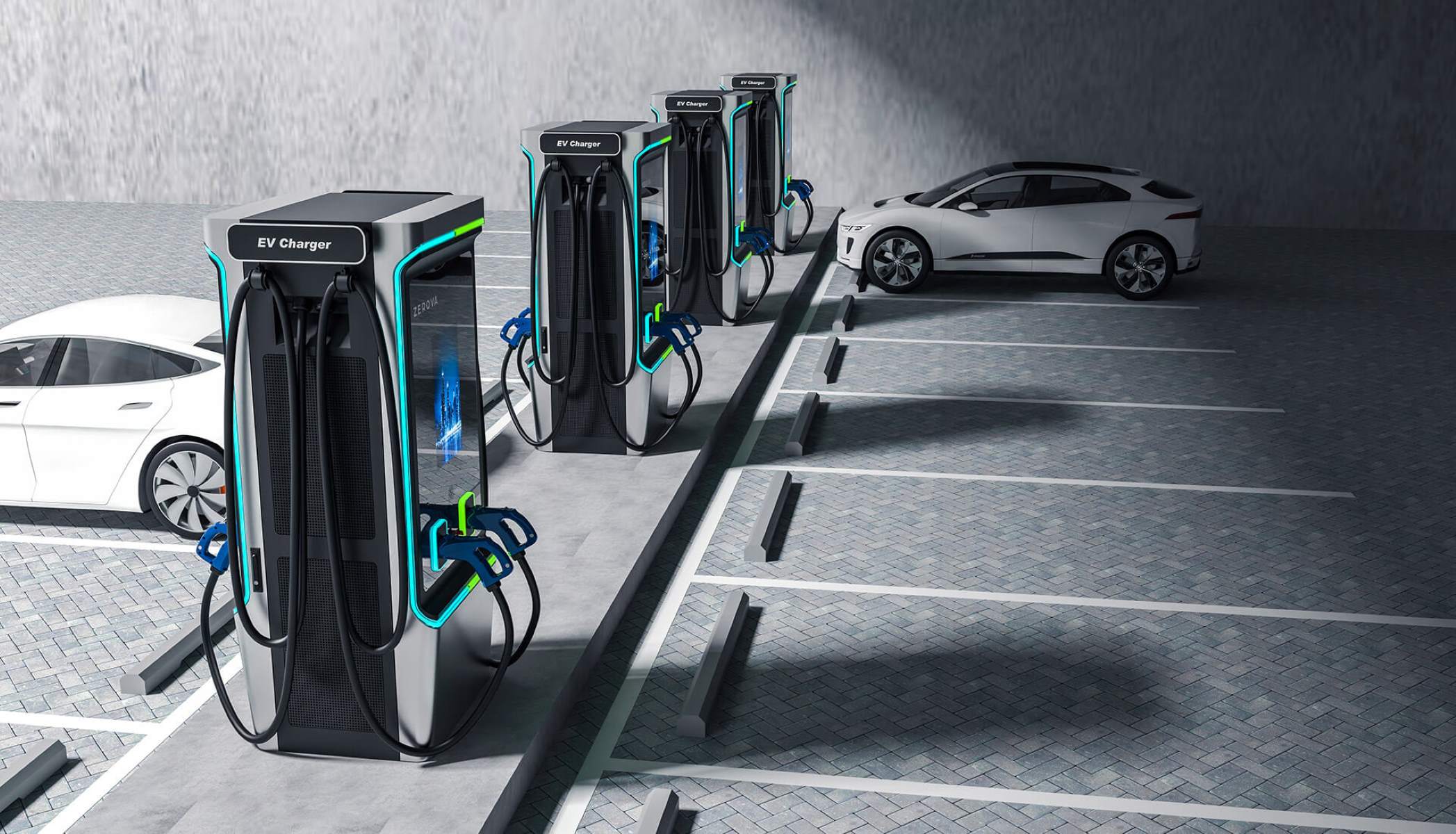
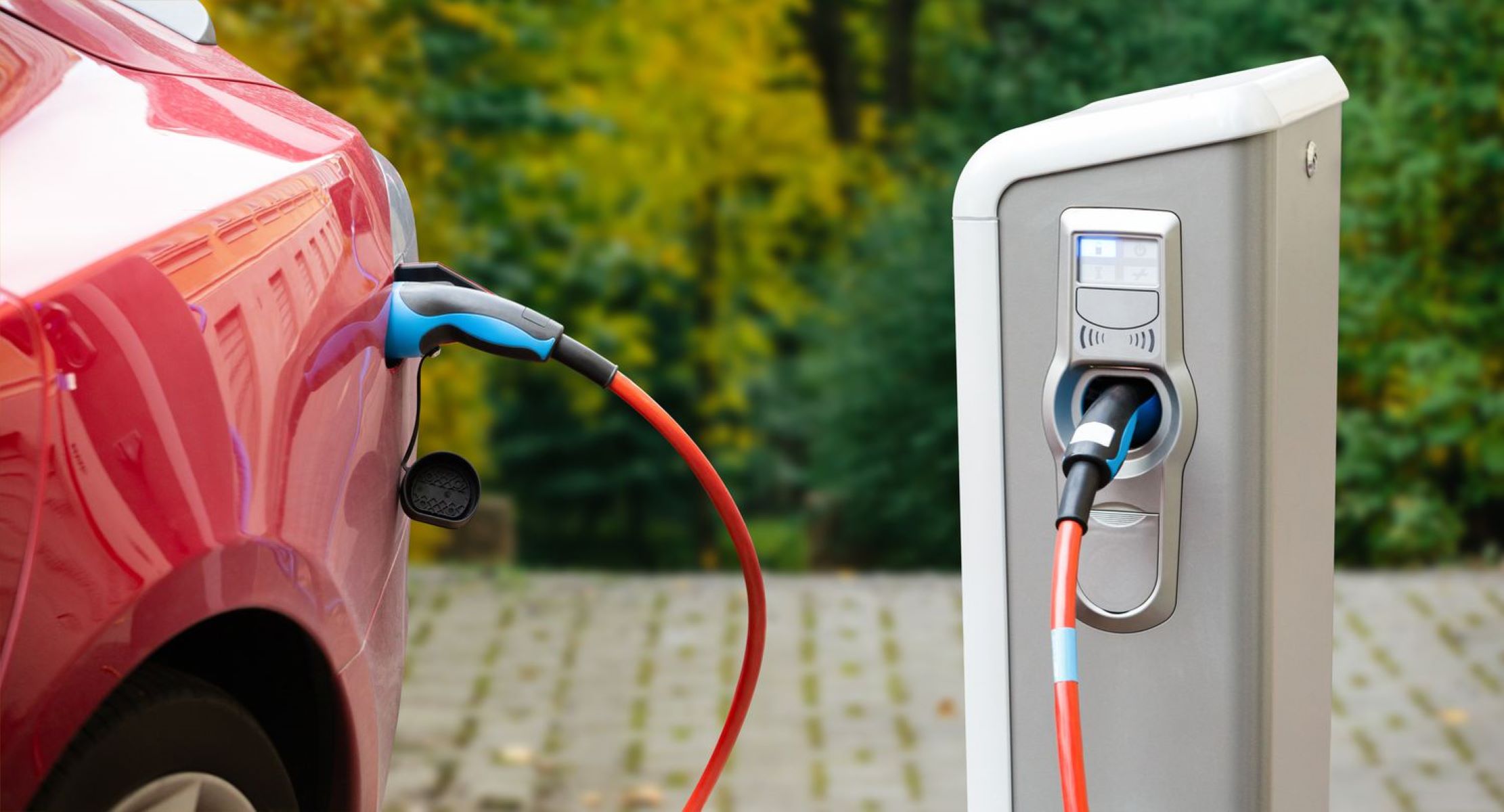
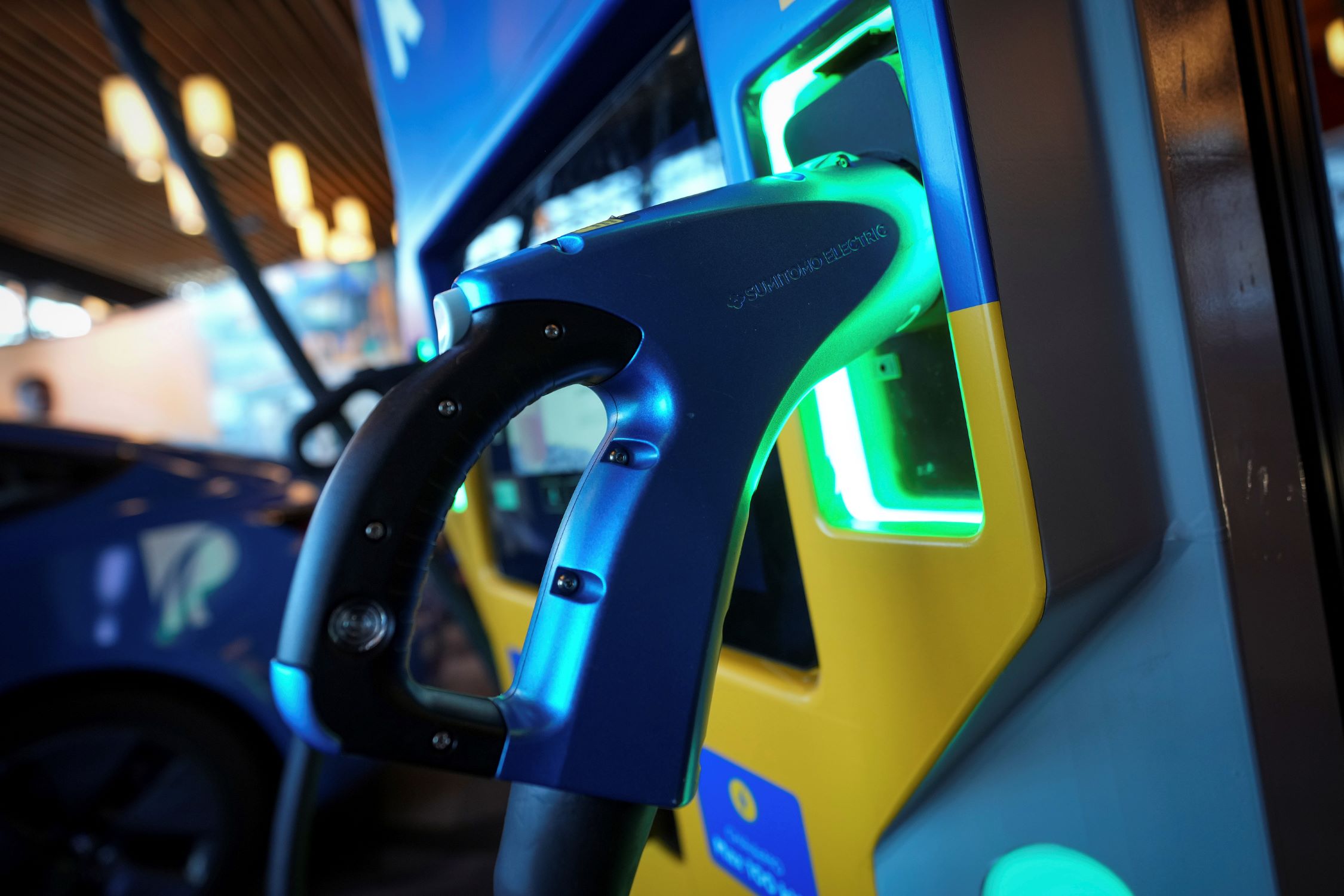
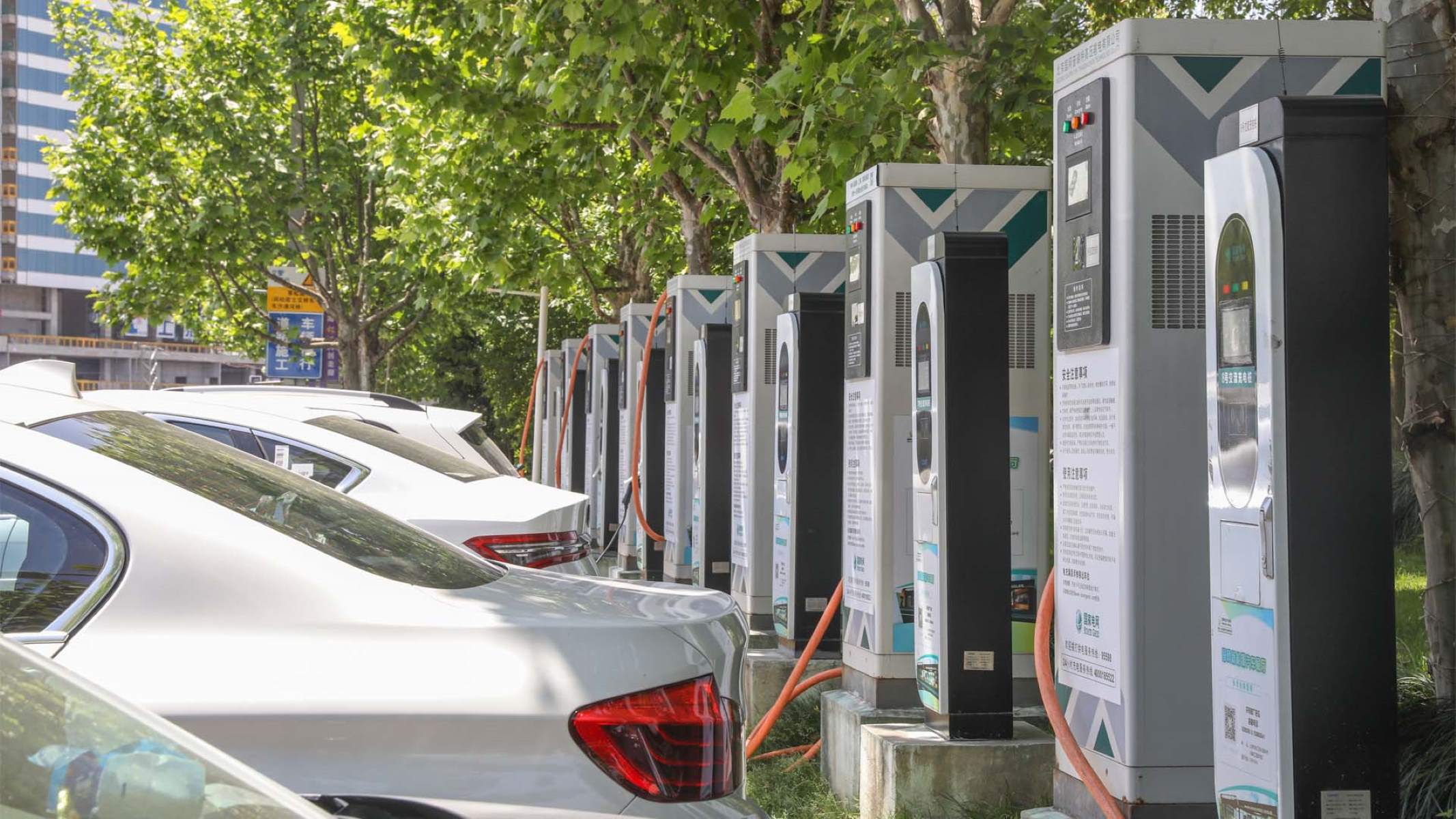
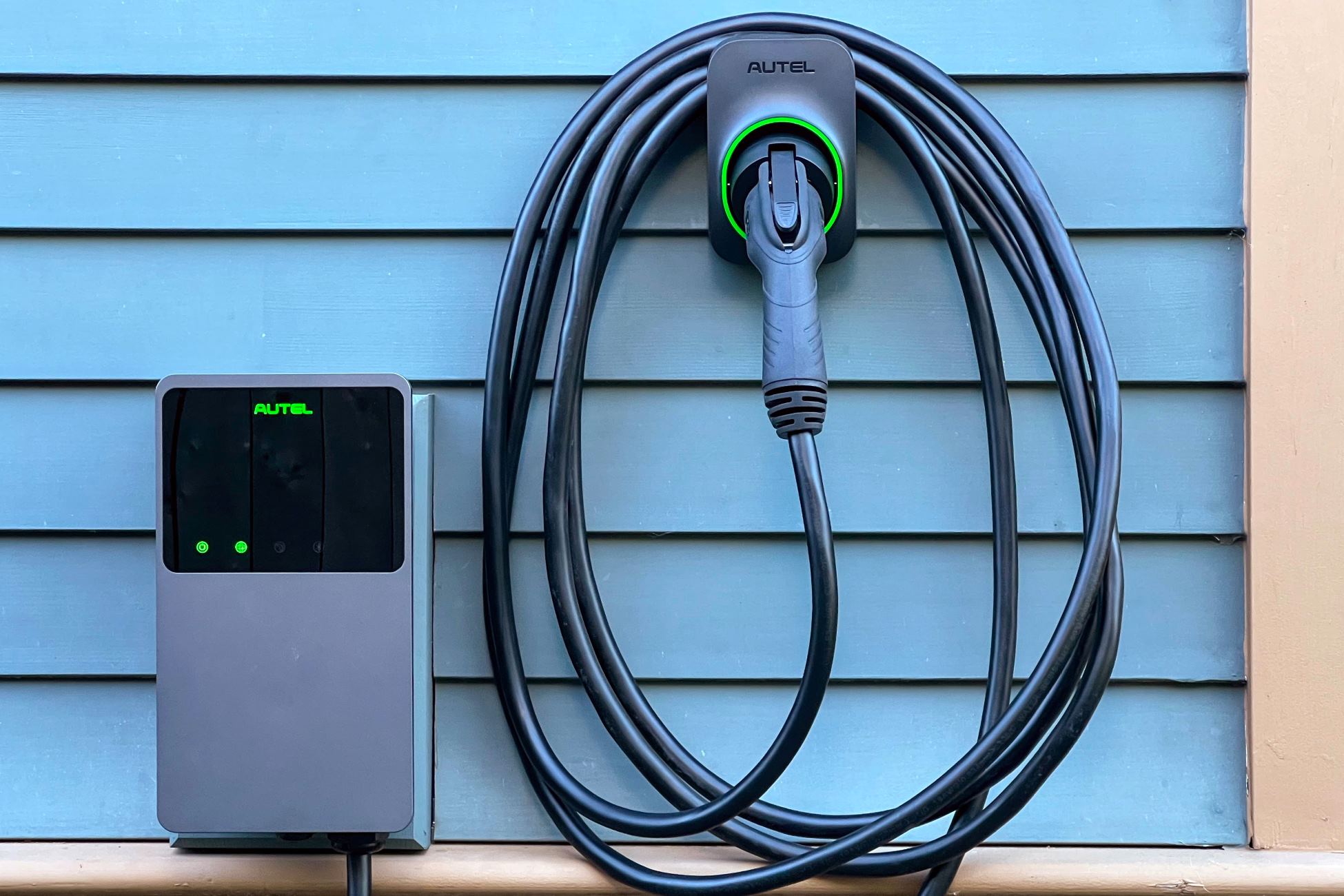
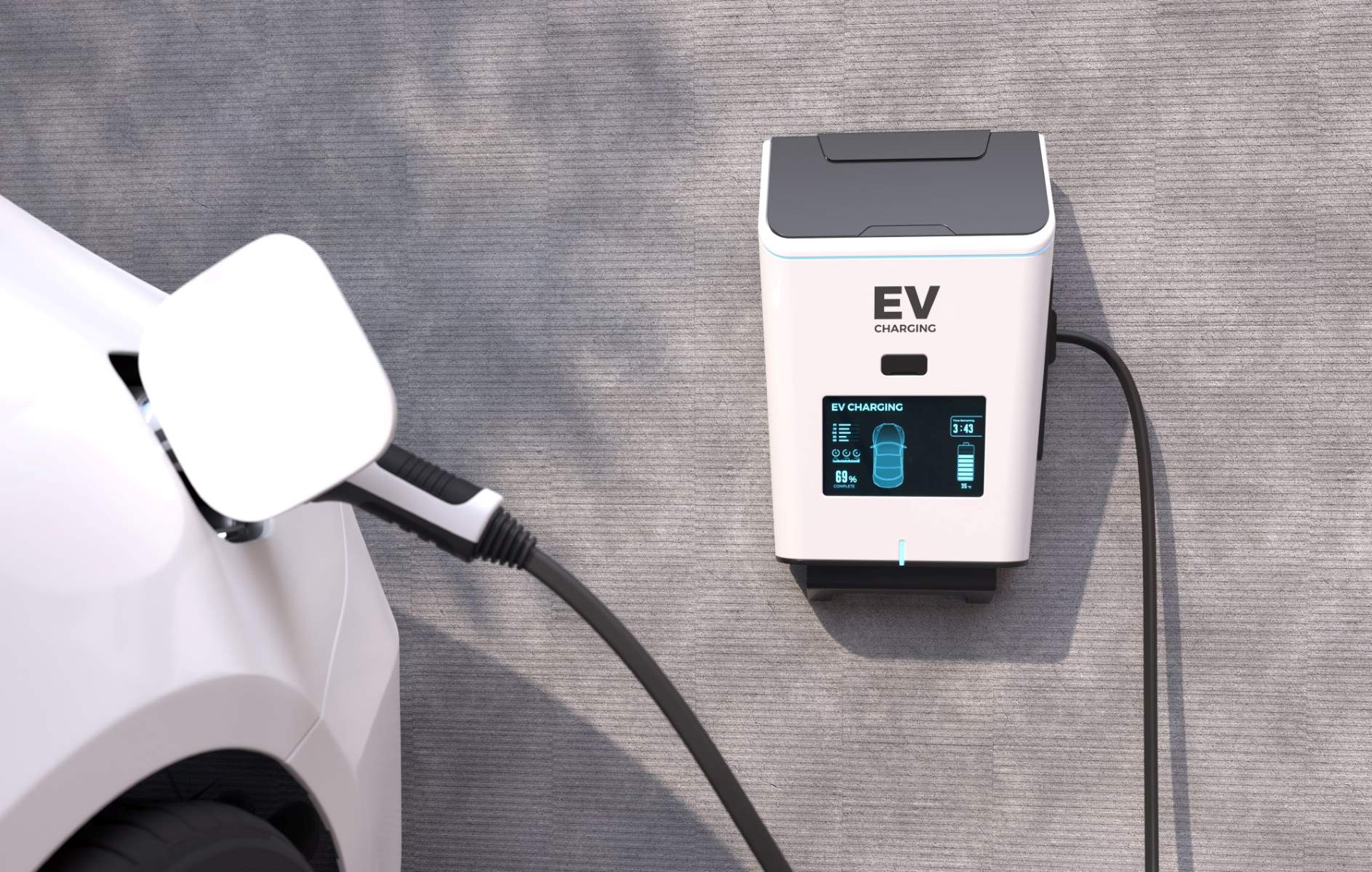
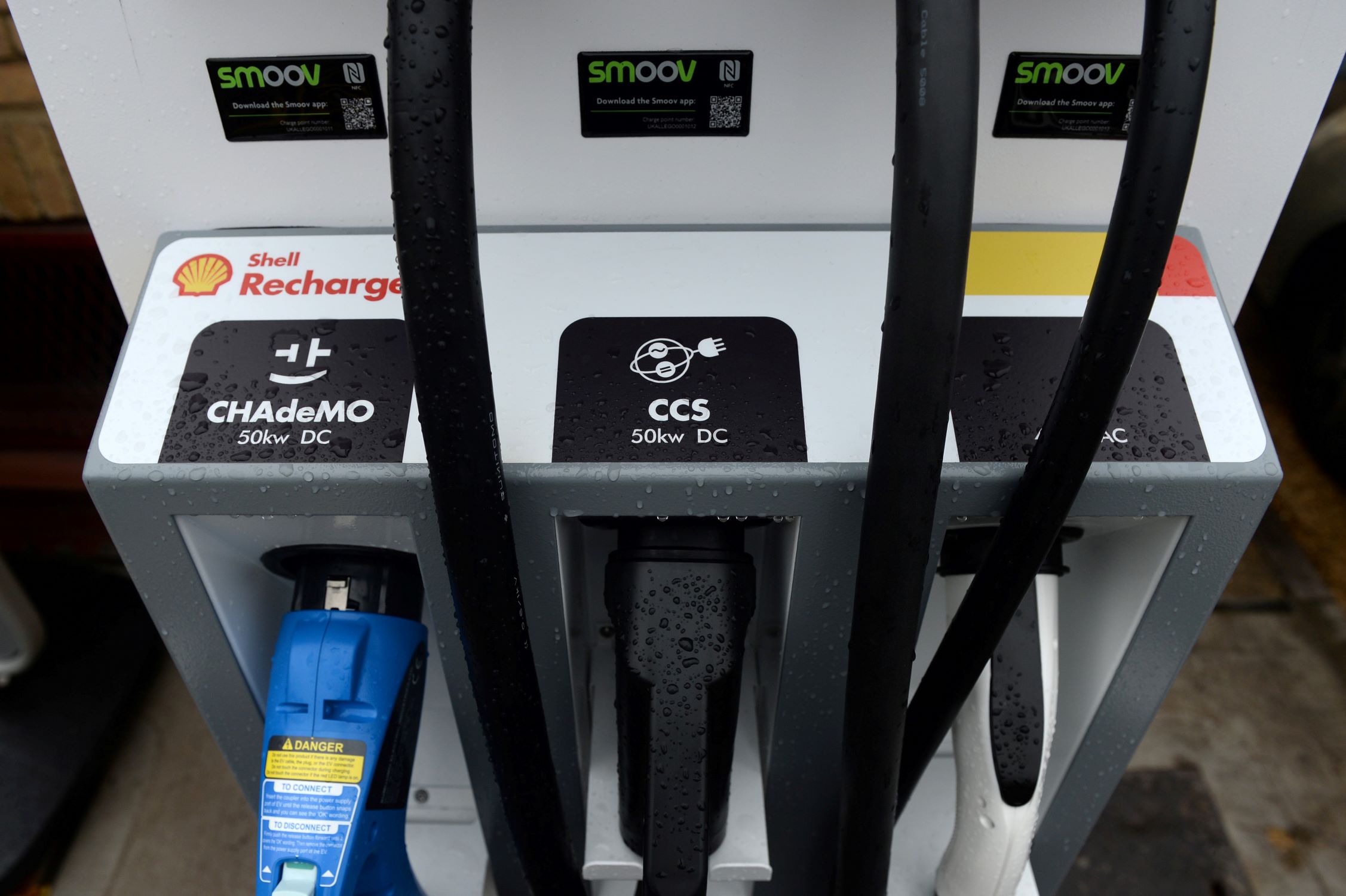

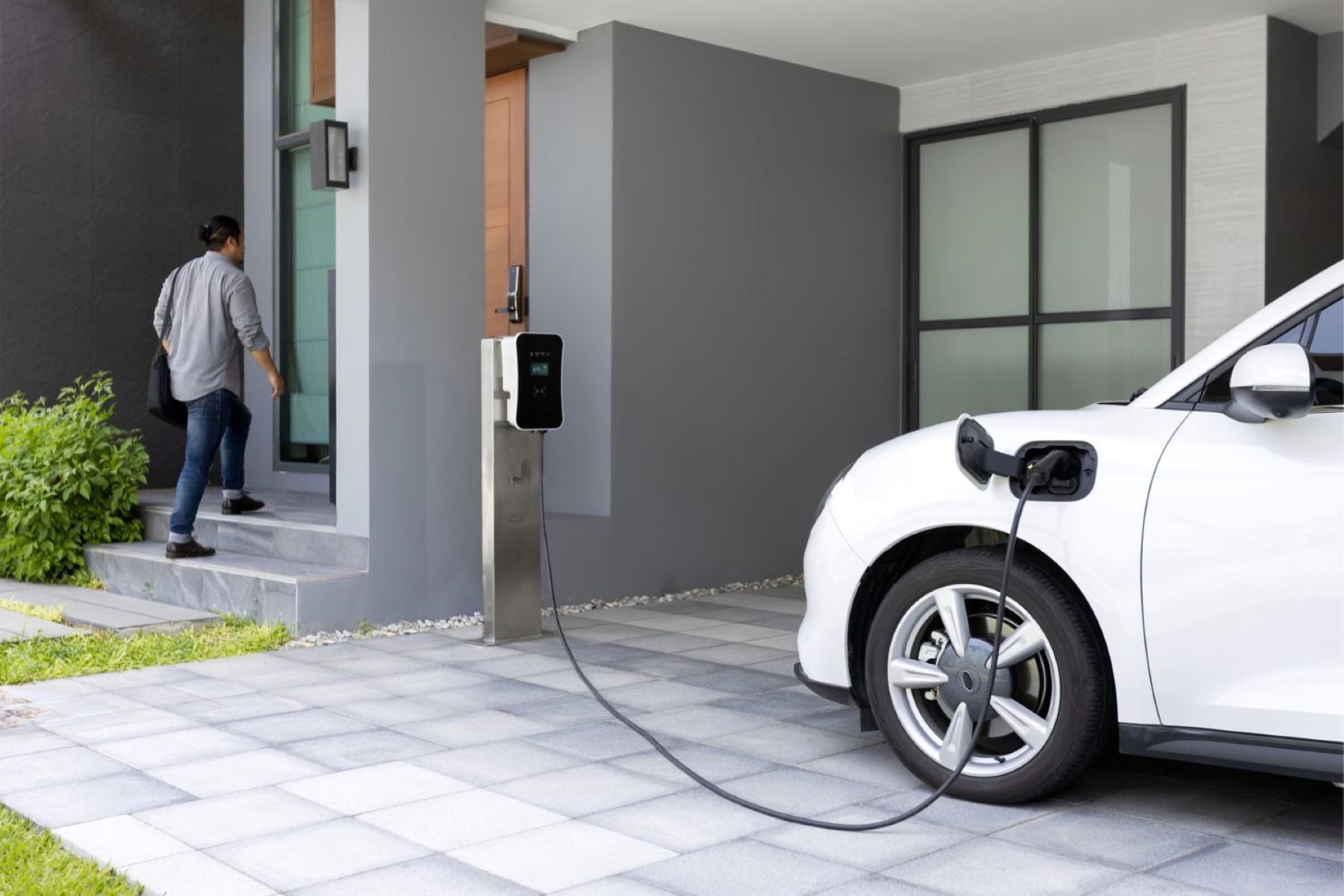
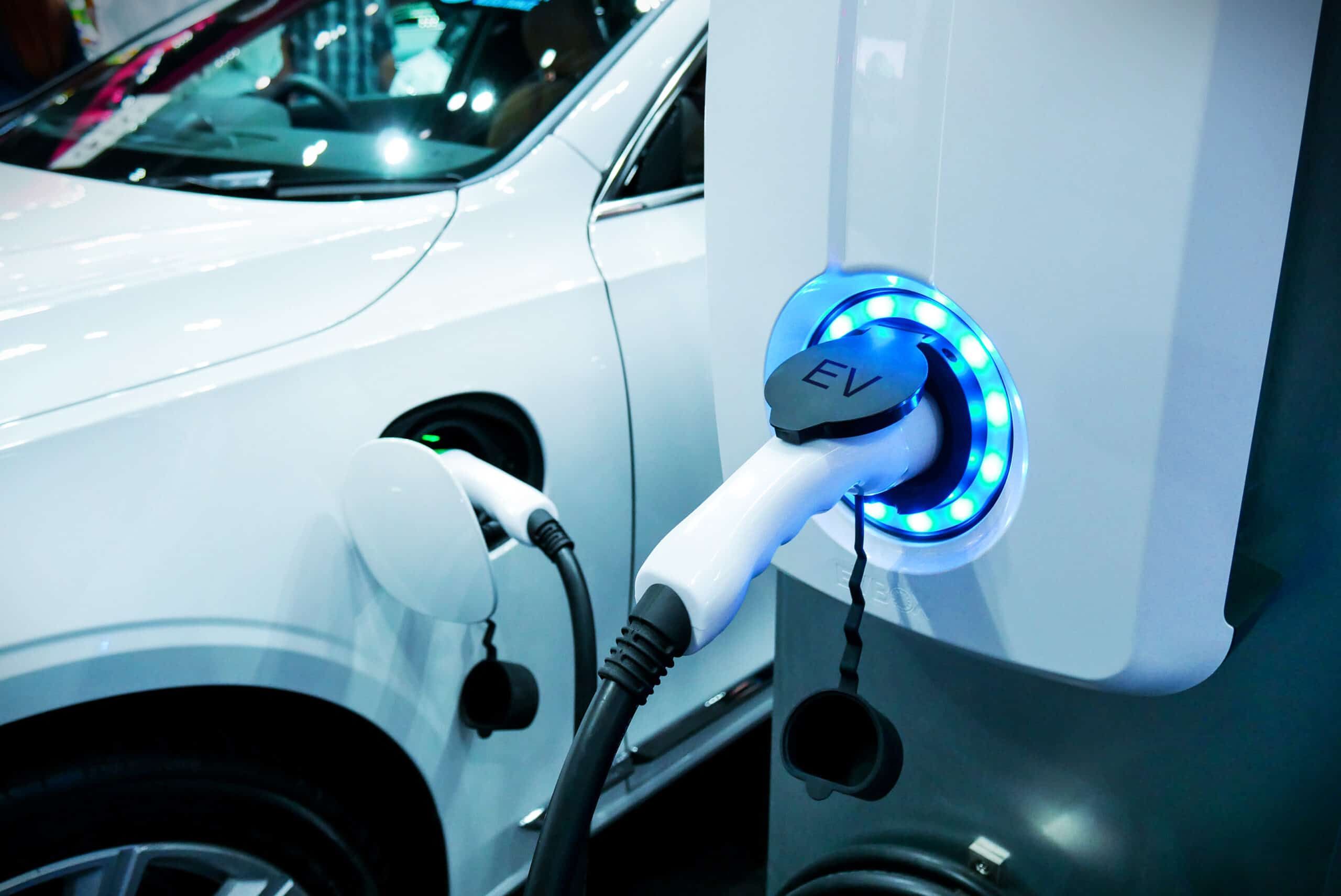
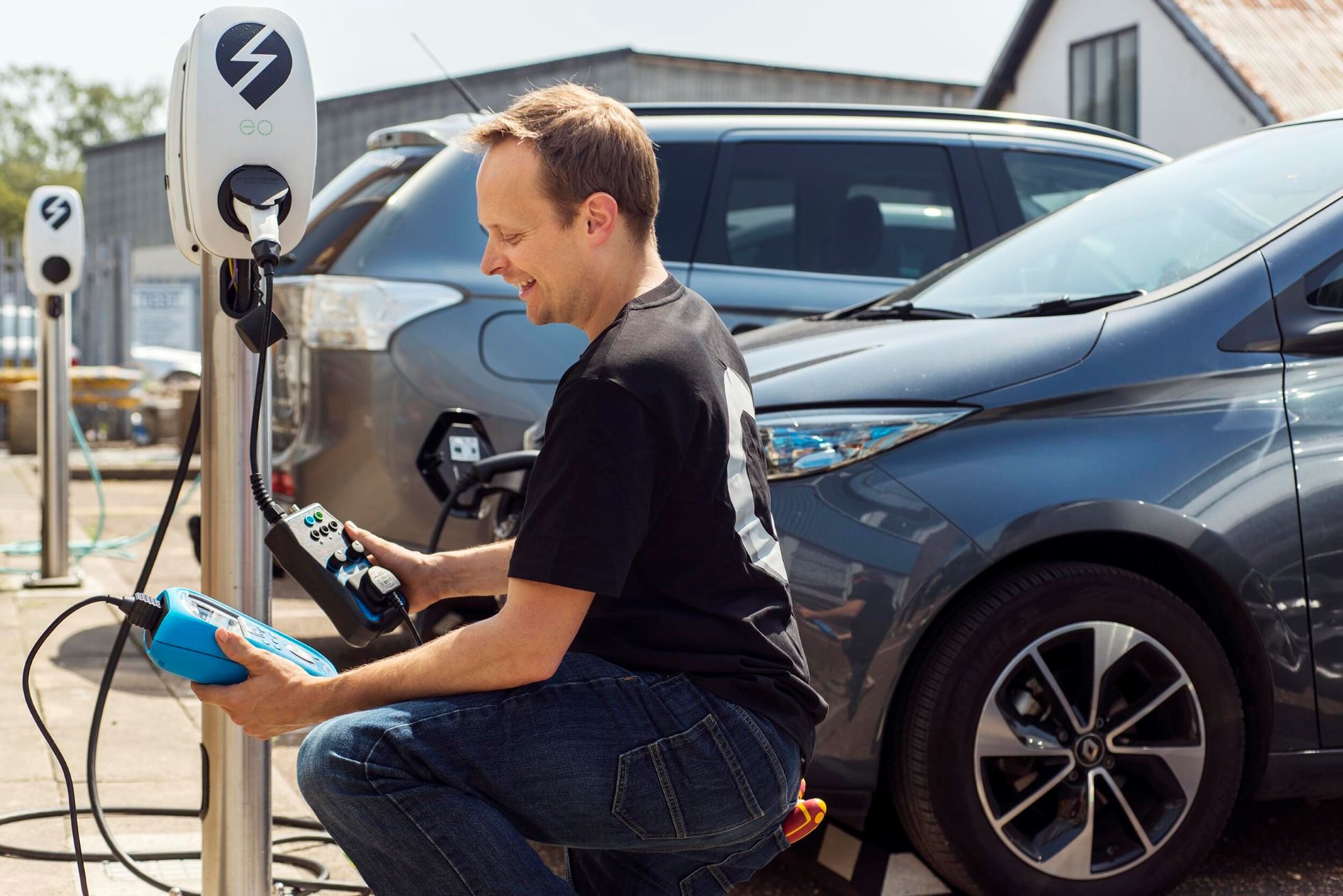
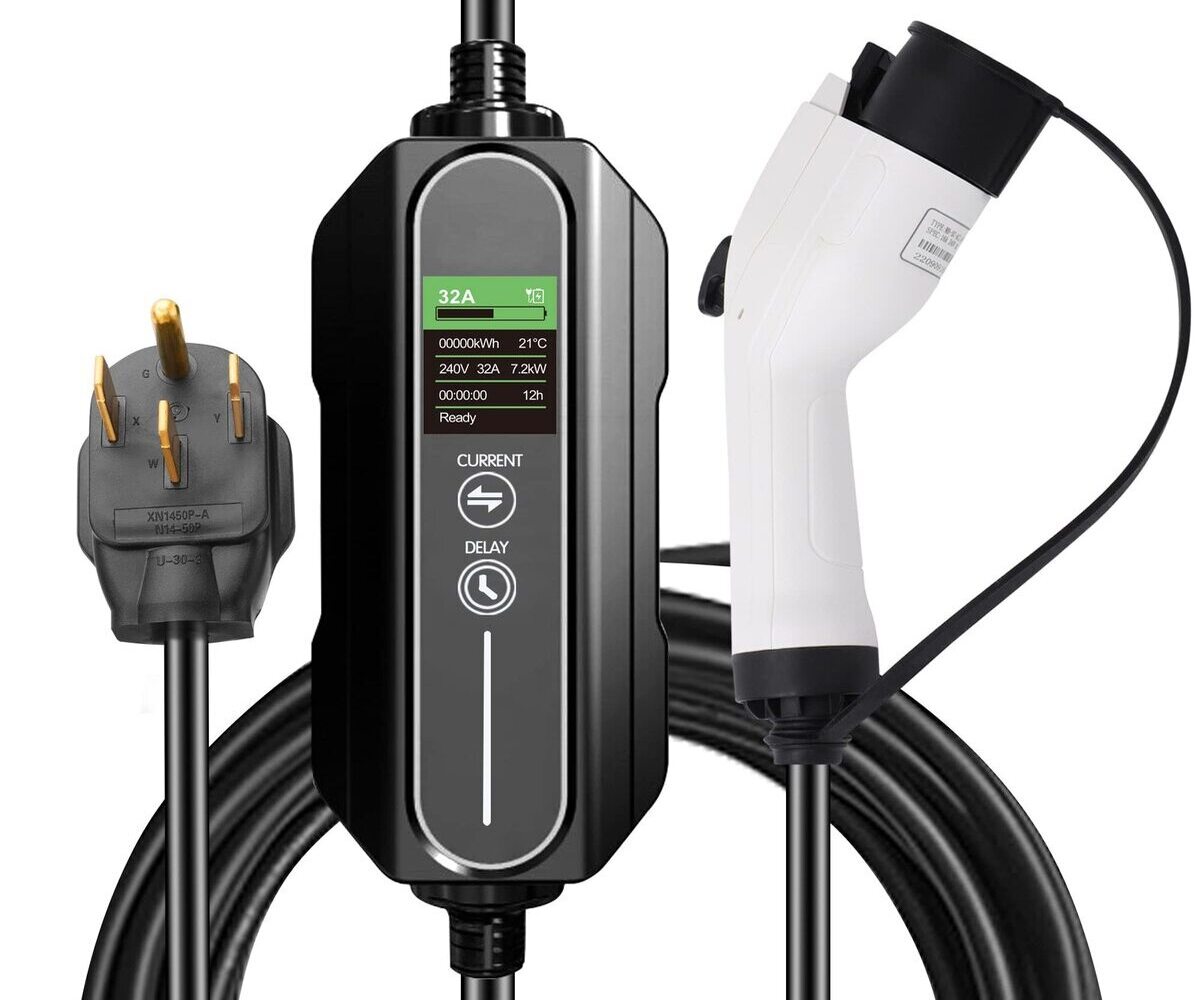
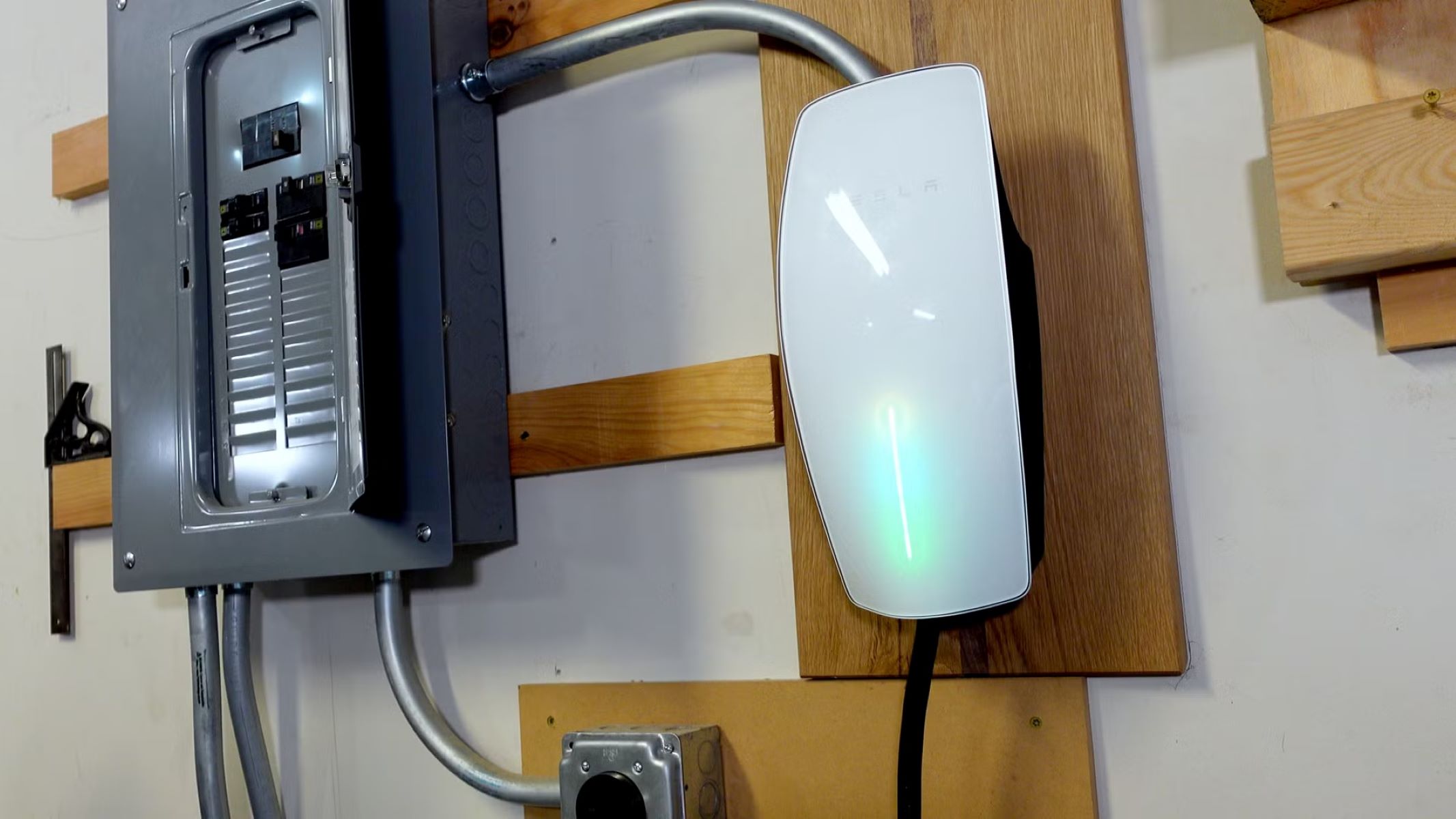
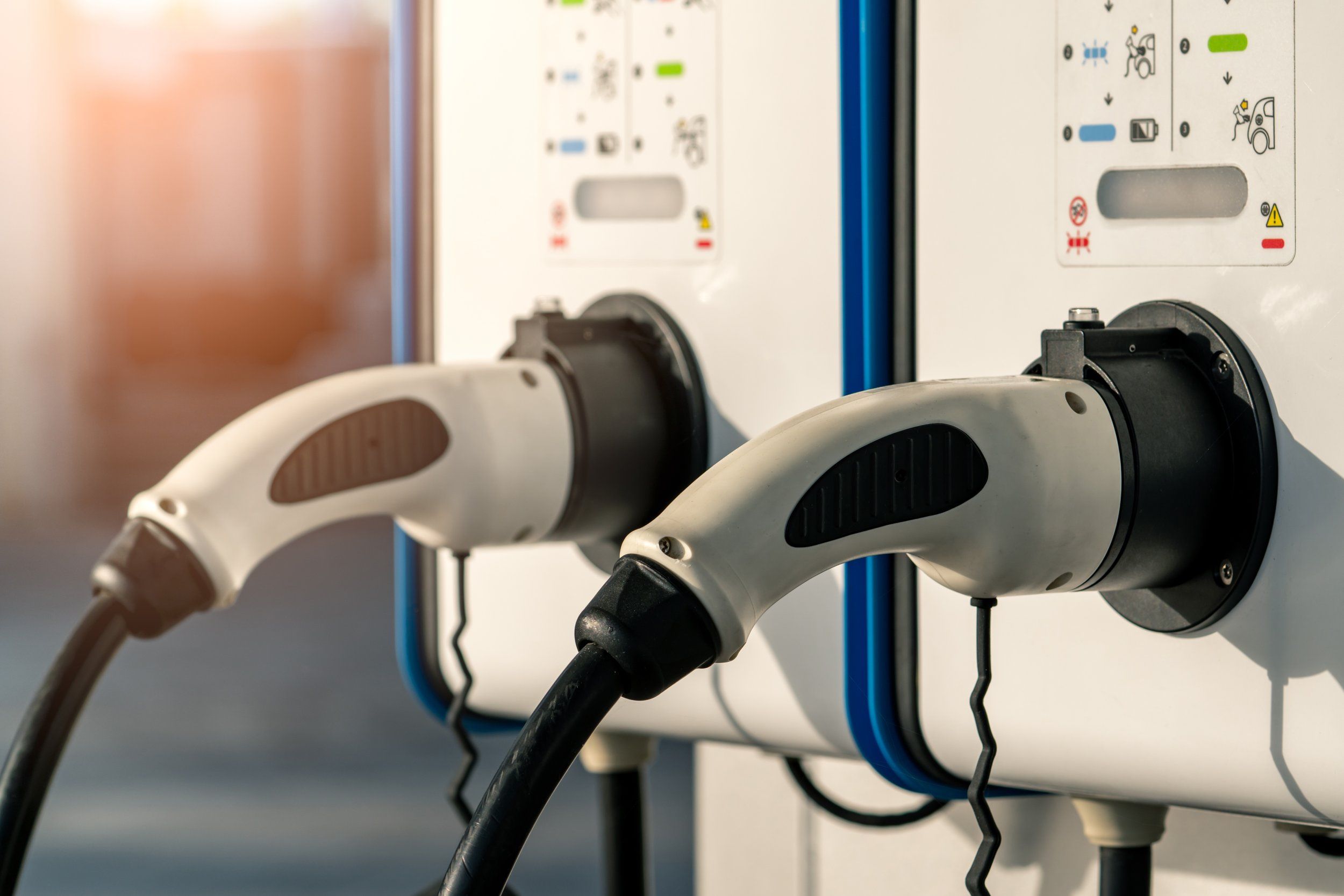

0 thoughts on “How Fast Is A 50kW EV Charger”